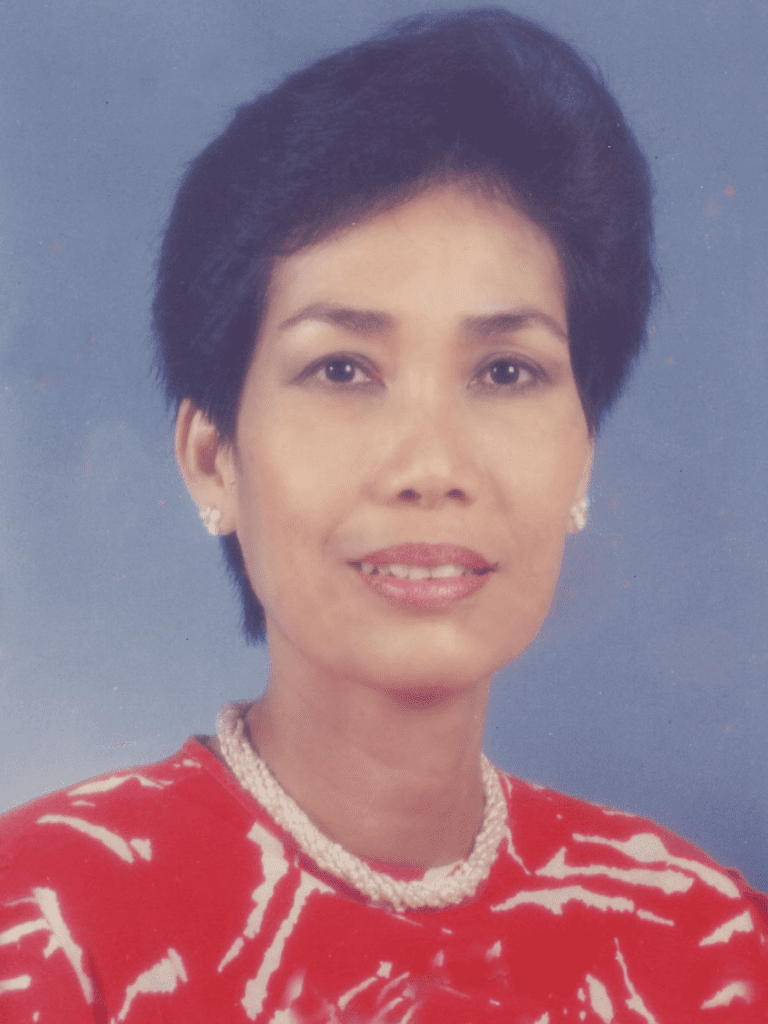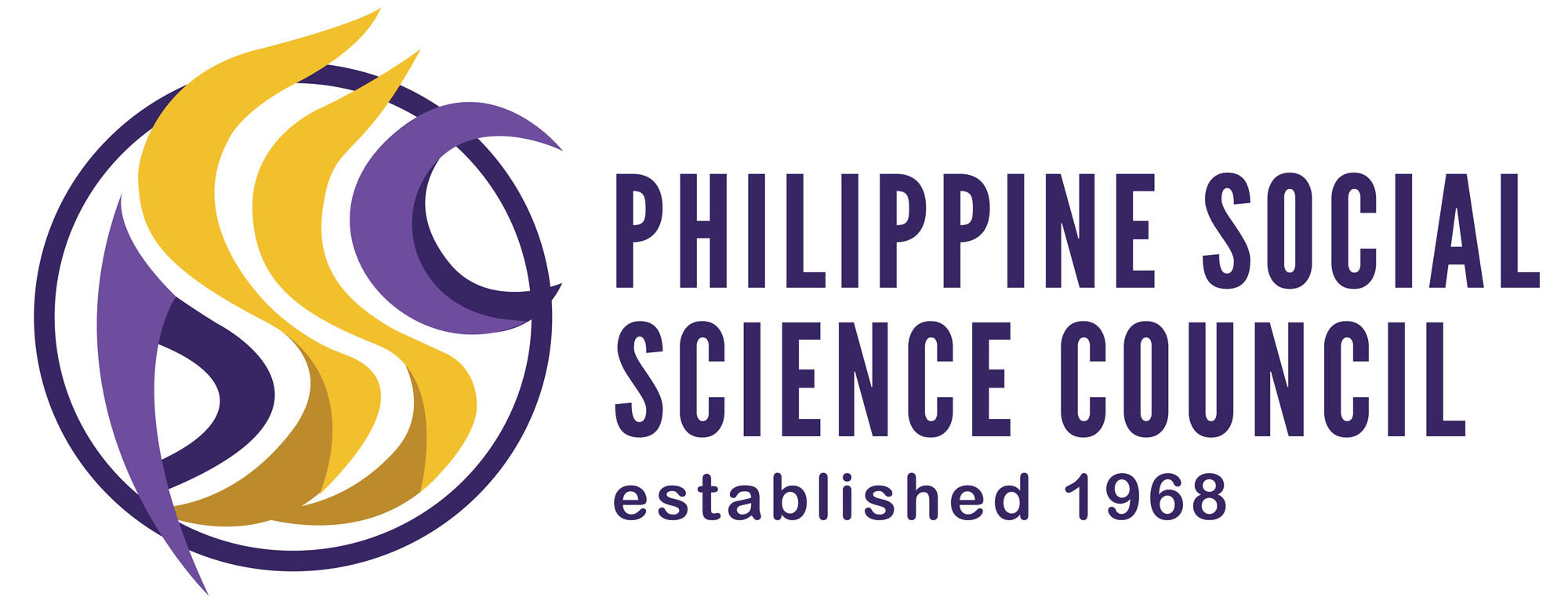
Carolina G. Hernandez
Dr. Carolina G. Hernandez has made significant contributions to the fields of government, international relations, and education. She is an Emeritus Professor of Political Science at the University of the Philippines (UP) Diliman,[1] and the founder of the Institute for Strategic and Development Studies, a free-standing, nonprofit organization that studies international relations, domestic politics, security issues, and development issues.[2]
She was a pioneer in the study of civil-military relations in the Philippines and earned her Ph.D. in Political Science from the State University of New York at Buffalo. From 1964 until her retirement in 2006, she devotedly imparted her knowledge as a professor at UP Diliman. She has made numerous contributions to works that have been published in regional, national, and international publications on topics like social security and promoting peace, religious and ethnic minorities, human rights, regionalism in East Asia, border disputes, and track-two diplomacy.[3]
She has aided the public by participating in two official fact-finding committees that looked into attempted coups against former presidents Corazon C. Aquino and Gloria Macapagal-Arroyo, serving as a member of the National Peace Forum, and even serving as a presidential adviser during the implementation of the Feliciano Commission Recommendations. As a founding member of several organizations, including the ASEAN Institutes of Strategic and International Studies (ASEAN-ISIS), Council for Security Cooperation in the Asia Pacific (CSCAP), Council for Asia-Europe Cooperation (CAEC), Asia-Pacific Security Forum (APSF), and Human Rights Resource Centre (HRRC), Dr. Hernandez furthered her service through international relations. In 2009, she served as both the board’s chair and a member of the UN Secretary-General’s Advisory Board on Disarmament Matters.[3]
Dr. Hernandez was the Chairperson of the Philippine Social Science Council in 1986 and served as a member of the Social Issues Committee (Ex-Officio), and Institutional Development Committee in the same year.[4] In 1989, she was a member of an ad hoc committee of the council that formulate a code of ethics for social scientists under the committee chairmanship of Dr. Bonifacio Sibayan.[5]
[1] Carolina G. Hernandez. (n.d.). Britannica.
[2] Prof. Caroline Hernandez. (n.d.). Oxford Research Group.
[3] Caroline Hernandez. (n.d.). Human Rights Resource Center.
[4] Social Science Information 13(4). (1986). Philippine Social Science Council.
[5] Social Science Information 17(1). (1989). Philippine Social Science Council.
